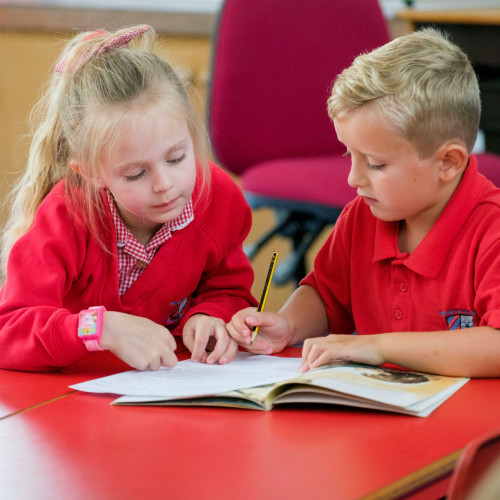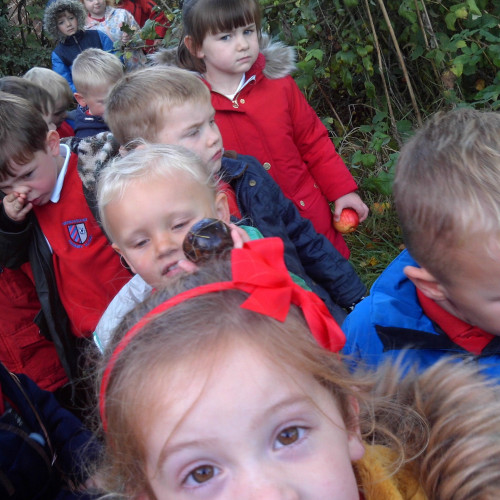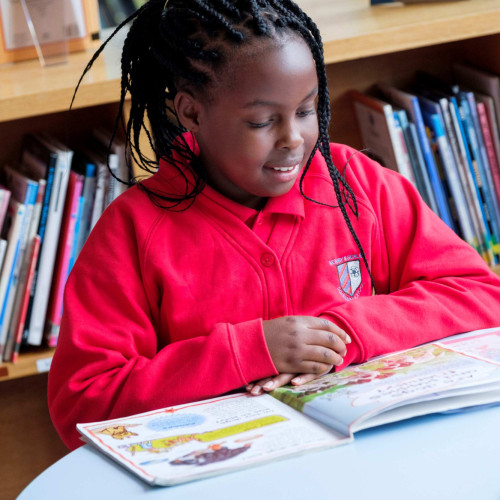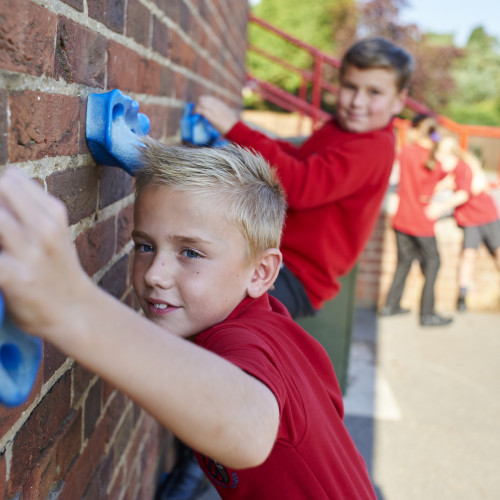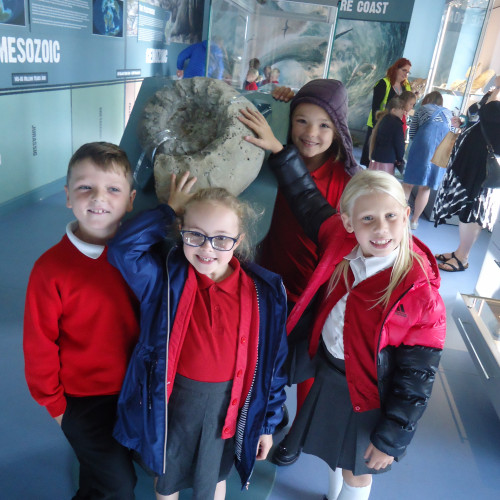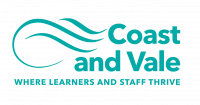Music
Our music curriculum allows our pupils to express their creativity and develop vital life skills through their music journey. It equips them with the knowledge and skills to experiment, invent and create their own works of music, as well as the enjoyment of showcasing learning to others. As pupils progress, they become analytical, develop their own style and use music as a form of expression.
We study a range of diverse artists and composers; learning about the genre of music they are associated with, the techniques that they use, and the typical musical elements heard. Pupils take inspiration from this to create their own compositions and performances. They also draw on their own experiences.
Pupils develop:
- ‘practical knowledge’, which is about developing technical proficiency in playing instruments, singing, vocal use and performing
- ‘substantive knowledge’, which is the historical, cultural and contextual content that pupils learn about artists and composers, and subject-specific vocabulary concerning musical elements, notation and instrumentation.
- ‘disciplinary knowledge’, which is the application and interpretation of the substantive knowledge through the areas of musicianship
The areas of musicianship that pupils will immerse themselves in are:
-
Listening, Appraising and Theory
o Listen to a large range of genres, artists and composers
o Use a high level of vocab, including musical elements
o History of music and important figures
o Instrument names, families and uses
o Likes and dislikes, and how music makes us feel
-
Singing
o Match pitch to sing in tune and use solfege
o Vocal health, breathing and phrasing
o Collaboration and singing to and with others, with awareness of musical elements
o Sing in parts and/or in harmony
-
Rhythm
o Read standard and non-standard notation to play rhythms
o Move and play in time to the music and beat
o Be able to play rhythm patterns in time with the beat and music
-
Instrument
o Read standard and non-standard notation to play tuned instruments and melodies
o Use correct technique and hold to play instruments accurately
o Play tuned instruments musically, using musical elements
-
Performing
o Perform formally and informally, with awareness of audience
o Build confidence, self-direction, body and vocal expression, communication and
collaboration skills
o How to be an audience, and complete self and peer evaluation
-
Composing
o Create musical patterns with notation
o Choose instruments for purpose
o Make ideas up by ear within the notes that match the music
o Use technology to enhance compositions
The most important knowledge we expect pupils to remember is identified as takeaways for each area of musicianship. Through knowledge organisers, pupils build knowledge overtime and make connections in their learning within musical genres and the areas of musicianship.
Personal development within the music curriculum:
We promote the cultural and personal development of pupils by providing a range of opportunities to participate in and respond positively to music, and opportunities to showcase these to others.
Developing pupil’s talents and interests is vital in the music curriculum, and performance opportunities, experiences and extra-curricular opportunities are carefully planned to ensure that children are inspired and excel.
Music enhances social development through communication skills, collaborating, listening and language. Within the curriculum, these skills are explicitly taught and modelled.
Influential people are also paramount to the music curriculum. These are selected to span different eras and link directly to the unit of work pupils are learning. By incorporating a diverse range of people (e.g., artists, composers, influencers) new learning is put into a real[1]world context, developments within a subject historically are seen and pupils are given an insight into how their learning impacts on the world around them and inspires them to pursue future careers.
Reading within the music curriculum:
Pupils learn subject content through the medium of reading for purpose, at an age[1]appropriate level. Texts are carefully selected to engage, inspire and deepen understanding. The texts include age-appropriate facts provided (particularly within ‘Music of the Week’), carefully selected books and supplementary texts and resources.
Other curriculum links within the music curriculum:
Links are made to other curriculum areas (REC, reading, talk for writing etc.) only where appropriate and to give purpose to musical learning. Where links do not enhance and deepen musical knowledge, they are not made within this curriculum.

